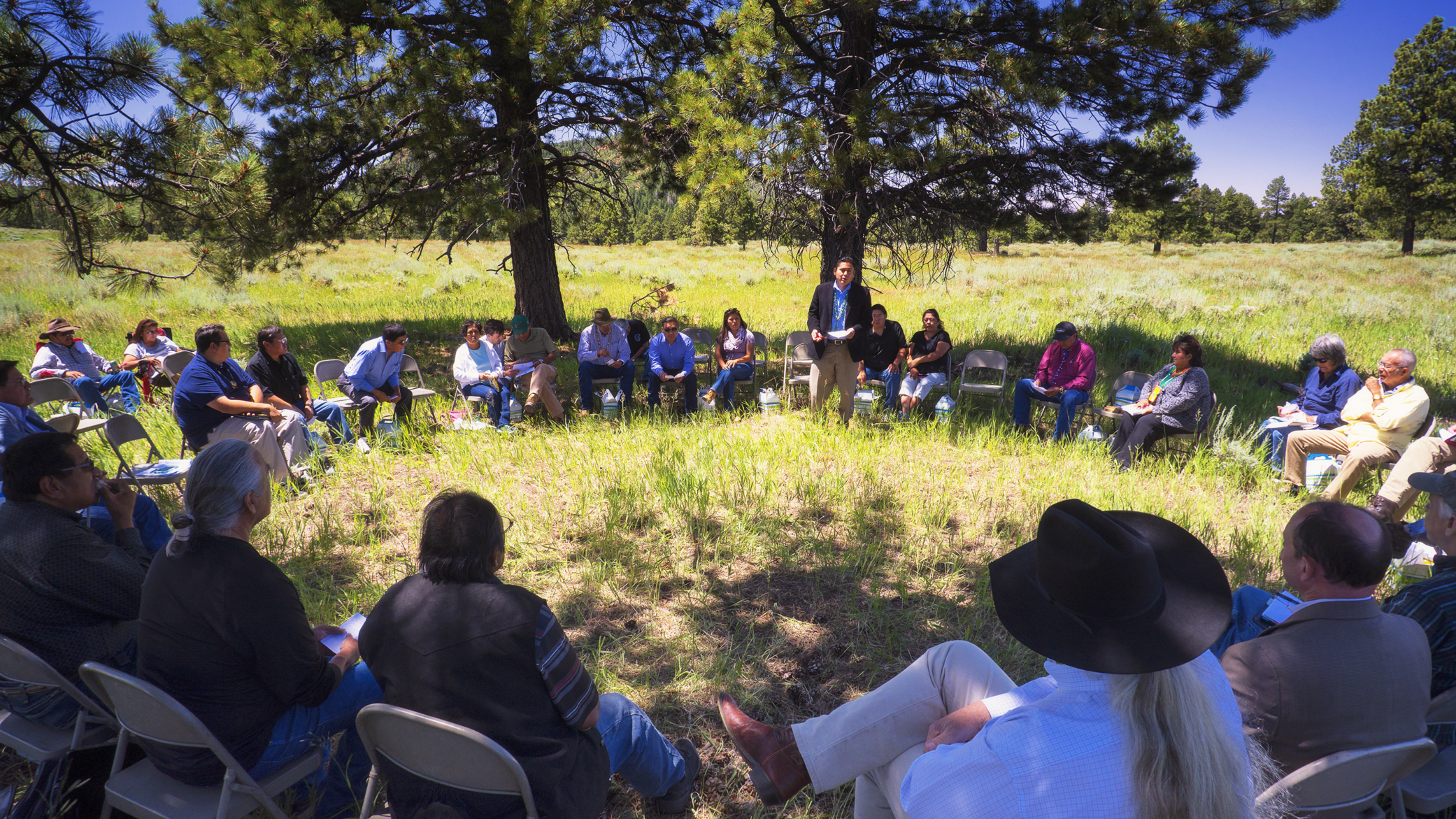Evaluation is an explicit element of our strategy lifecycle (described in Outcome-Focused Philanthropy), and is meant to be practiced with frequency, intensity, and skill across all of our programs. In 2012, we harmonized our approach to evaluation across our programs, with input from staff and external advisors. This resulted in our first commonly defined set of Evaluation Principles and Practices, designed to guide program staff on how to commission purposeful evaluations and use evaluation findings to inform decision making.
In 2017, after five years of implementing these principles and practices, we took a step back to systematically analyze the foundation’s evaluation quality and spending patterns. Based on our findings, which were largely positive but did surface areas for improvement, we thought it made sense to update our evaluation guidance. The updated guidance in this document reflects lessons from living these principles and insights from the broader field of evaluation. As such, it is a revision of the original Principles and Practices paper and aims to supplement the principles—which remain the same—with the practical lessons that have been gained over the past five years.
The purpose of this document is to provide a refreshed description of our philosophy, purpose, and expectations specifically regarding evaluation at the Hewlett Foundation; to clarify staff roles; and to outline available support. Although the foundation’s programs and initiatives differ widely, our evaluation principles and guidance for practice apply to all of them. The principles described in the original version of this paper are enduring, but this version of the paper includes additional details, as well as updated sections on practice—with new examples and refined guidance.
It is organized into three substantive sections: (a) Principles, (b) Roles and Responsibilities, and (c) Practice Guide. Our primary audience for this paper is our foundation staff, to promote an internal culture of inquiry and practical evaluation. In particular, program staff—as those responsible for planning, budgeting, commissioning, and using third-party evaluations—should carefully review the guidance and tips presented throughout the practice guide. We share the paper broadly—not as a blueprint, but in a spirit of collegiality—and with an interest in contributing to others’ efforts and continuing our collective dialogue about evaluation practice.

